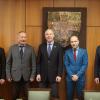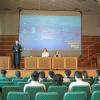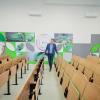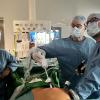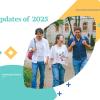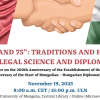Navigating Academic Seas
2024
Aug
15
Starting a university often involves significant consideration and decision-making, especially when choosing between institutions across continents. Mariam Maqsood’s journey took her from Karachi to the University of Pécs (UP) and then to the New York University (NYU).
Why did you choose the recreation program at UP?
Finding a recreation program that aligned with my previous experience as a physical therapist was challenging. Most programs in the U.S. focus heavily on leisure and management. At UP, the courses were designed by the Institute of Sport Sciences and Physical Education to be practice- and research-oriented. The diverse campus life and the safety of the city were important to me. Coming from Karachi, the 12th largest city in the world, I wanted to live in a quieter, yet vibrant city.
The fully funded Stipendium Hungaricum scholarship was the cherry on top.
Were there specific courses or extracurricular activities at UP that significantly influenced your career or research interests?
I must mention the biomechanics laboratory. The lab and its equipment, such as EMG, dynamometers, and motion analysis softwares, played a crucial role in refining my research interests.
The knowledge and experience gained here are still beneficial in my current project at NYU, even though it is a different one.
Looking back on your time at UP, what was your most memorable moment?
Winning the World Leisure Organization’s "Best Youth Volunteer" award in 2021 was a highlight. It was an honor to represent both Pakistan and Hungary. My volunteer work involved promoting parasports and physical education among visually impaired people in Pakistan. I assisted in projects aimed at improving the posture of school-aged visually impaired children. Receiving this award for my efforts in this area was a significant achievement for me.
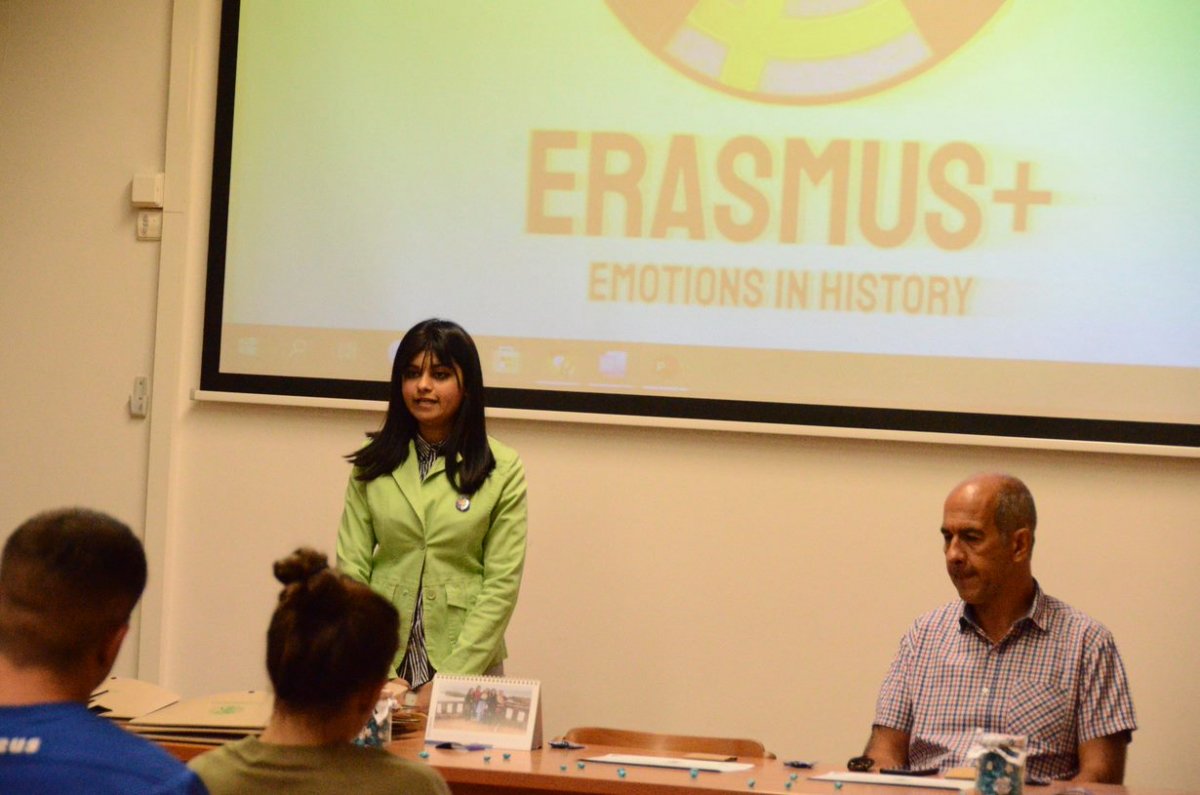
You have diverse experiences as an Erasmus Coordinator, Braille and fitness instructor, and HÖOK mentor. How have these experiences impacted your life?
The role of Erasmus Coordinator was challenging but essential for developing my critical thinking and administrative skills. I learned to use the new systems, which allowed me to interact with universities worldwide and build relationships with EU institutions. A standout experience was my professional visit to the University of Maribor in Slovenia, where I gained valuable insights into global and public health systems, comparing them with those in Pakistan.
In addition to coordinating, I worked as a HÖOK student mentor, supporting freshmen under the Stipendium Hungaricum program. This role involved managing student anxieties and providing administrative guidance, helping me balance professional and personal life. Both roles enriched my understanding of international collaboration and student support.
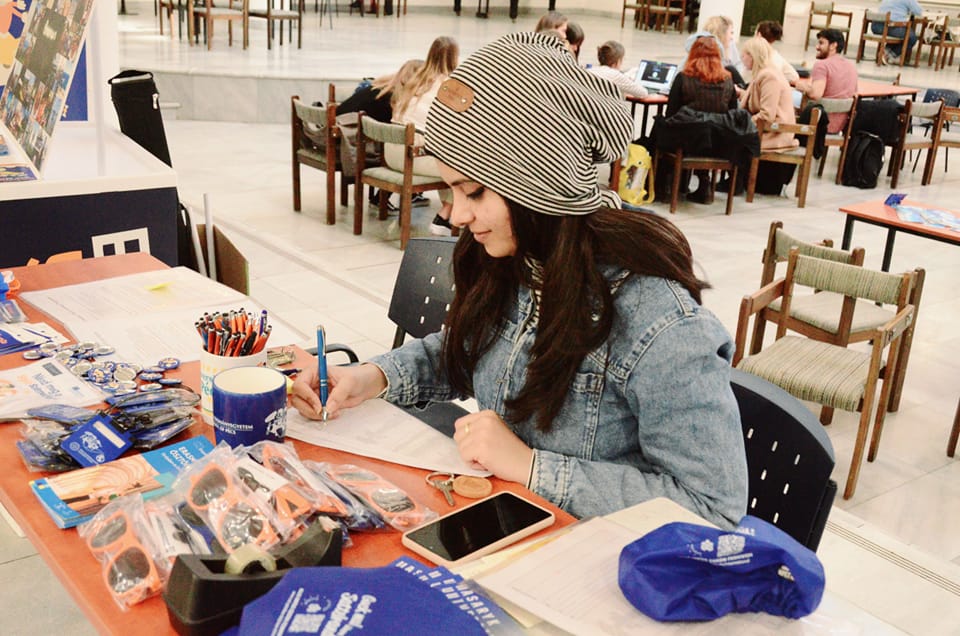
How did your time at UP prepare you for your role at NYU and your doctoral research in physical therapy?
I owe much to UP, as I use over 80% of the knowledge I gained there daily, including in my current research project. Even my NYU professors have noted my solid knowledge base, largely due to the practice-oriented courses at UP.
What advice would you give to UP students, especially those pursuing similar fields?
It's crucial to identify what you want to do with your degree early in your career.
I always envisioned myself in academia, so all my professional experiences are aligned with that goal. If physical therapy is your dream, give it your all, whether through publishing or improving a patient’s life. A favorite quote by Thomas Edison that inspired me is: „The doctor of the future will give no medication but will interest his patients in the care of the human frame, diet and in the cause and prevention of disease.”
How do you see your future?
I envision myself as a professional conducting qualitative and quantitative international research on pain, unbounded by geographical limitations.
Written by Mercédesz Kovács-Csincsák
- Log in to post comments
University of Pécs | Chancellery | IT Directorate | Portal group - 2020.


